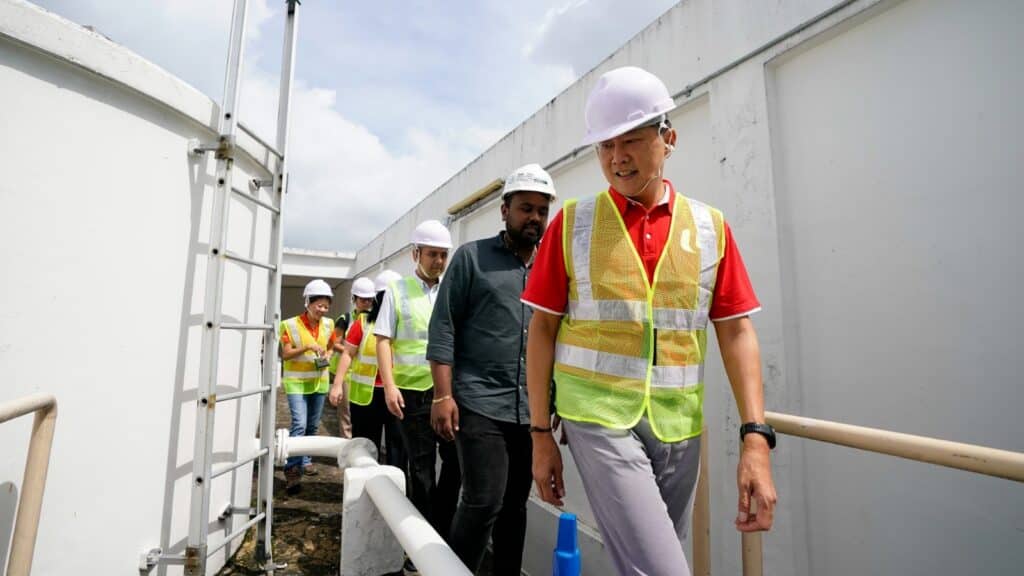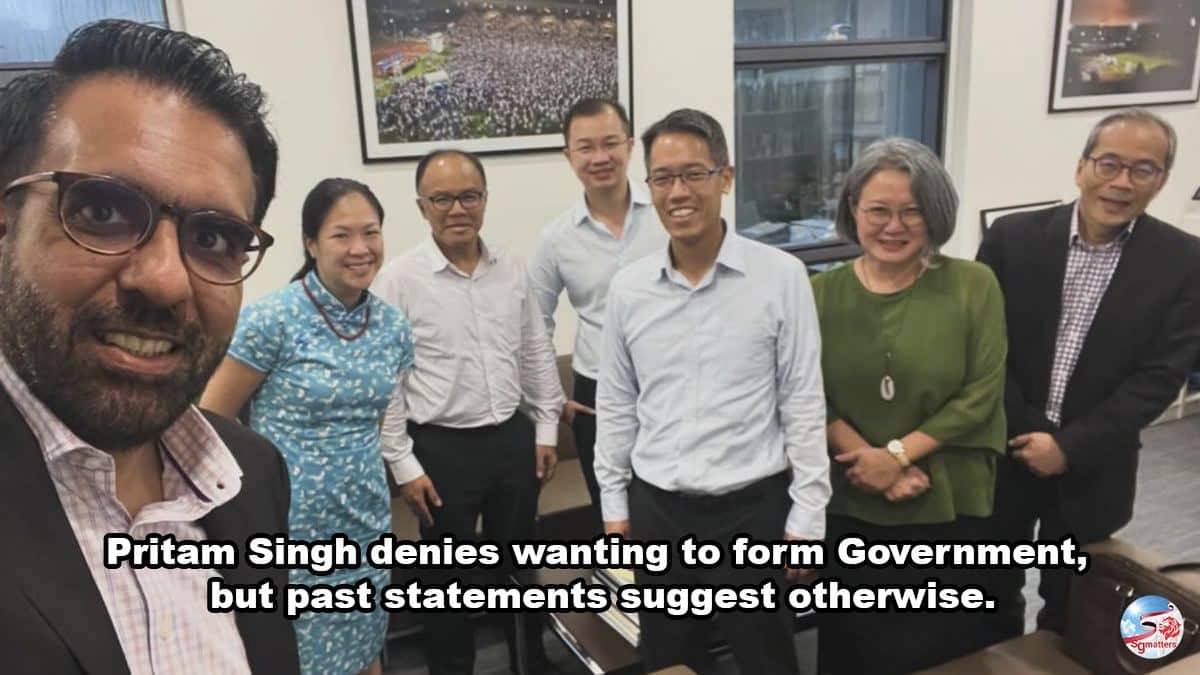TL;DR Made Possible by NTUC’s new Career Progression Model
We get it, not everyone wants to lead that corporate life, me included. Given the chance, some of us might just want a job with more flexibility and one which work you don’t have to bring home, such as the job of tradesmen (i.e., plumbers, electricians, air-conditioning and mechanical ventilation mechanics).
Why the need for essential skilled tradesmen?
At a national level, this issue is also widely discussed. At his opening address in the Singapore Economic Policy Forum in October last year, Minister Lawrence Wong recognizes the issue that the Singapore economy pays too high a premium for jobs that require cognitive abilities and on the other hand, undervalues technical hands-on work as well as jobs in services and community care. This, in turn, leads to a widening wage gap that the government has been trying to minimize.
In addition, with the median age of these skilled tradesmen being at 55 years old and the number of resident employees in these trades having fallen by 40 – 50% over the last 10 years, there is a growing concern of a “skilled trades gap” as the older generation retires, coupled with the lack of qualified candidates to take on these jobs.
These trades provide essential services which are necessary to support our economy. A shortage of such skilled labour can severely impact our future infrastructure plans and economic growth. Hence, there is a need to ensure a sustainable supply of locals into these trades to meet our national needs.
At a learning journey to a plumbing maintenance site at Block 152 Jalan Teck Whye on 9 February 2023, NTUC Secretary-General Ng Chee Meng announced NTUC’s strategic intent to tackle this issue. By proposing to uplift the work prospects and wages of skilled trades tradesmen by professionalizing skilled essential trades through the introduction of the Career Progression Model (CPM), forging a career and earning good wages as a tradesman in Singapore might not be such a distant dream after all.
There is a national need to ensure that essential services such as our lifts do not breakdown, and that our water supply is safeguarded. If the current challenges facing skilled essential trades are not addressed, we will see a critical lack of local expertise in these sectors in 10 years’ time. That is why we are proposing the development of the ‘Career Progression Model’ (CPM) for skilled essential tradesmen so that they can have a viable career in these trades; and sustain the continued supply of local talent in these sectors.
What does the Career Progression Model entails?
The CPM follows the introduction of the Progressive Wage Model (PWM) in 2012, which has since helped lower-wage workers, such as cleaners and security officers, to earn higher wages by upgrading their skills and improving productivity.
Like the PWM, if the new framework comes to pass, workers in the skilled trades industry will benefit from structured technical skills competency frameworks that may translate into better career prospects and better wages. There will also be more defined training pathways, leading from tertiary education into skilled essential trades and the publicizing of clear and transparent quality standards for respective sectors. Such a framework will also incentivize companies to implement productivity and technological improvements. e.g., through the NTUC Company Training Committee (CTC) Grant.
In the coming months, NTUC will be engaging the relevant stakeholders, unions, tradesmen, and trade associations to gather feedback and views to work on ways to collaborate on the CPM. An upcoming engagement session will be held later this month on 23 Feb as part of NTUC #EveryWorkerMatters Conversation to hear the dreams and aspirations of every worker. All interested parties are invited to join.





